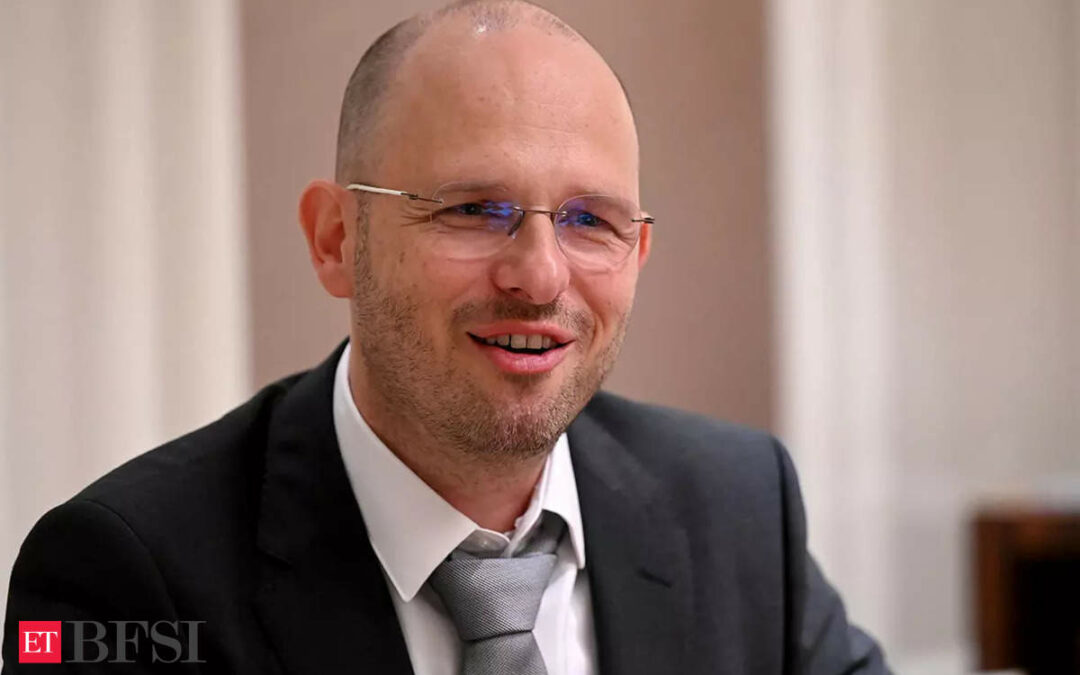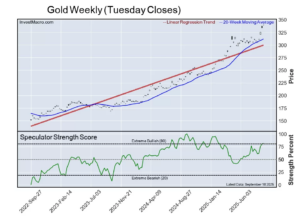GitHub CEO Thomas Dohmke says the Microsoft-owned software developer platform has deferred its earlier forecast — that had said India’s software developer base will be surpassing the US by 2027 — by one year, citing various factors such as the economic environment and the US growth.
“If India would slow down next year for whatever reason…, those numbers are often also dependent on things out of our control,” Dohmke told ET in a recent interaction.
“The overall economic environment, the demand global system integrators are seeing, the startup ecosystem, how many students come out of the colleges in the next year, the year, those (students) started in the middle of Covid… So, there are a lot of factors playing into these models.”
The US market is also growing thanks to the hype and excitement around artificial intelligence (AI), he said. “But we still see India becoming number one,” he added.
GitHub predicts that India will surpass the US to become the world’s largest developer community by 2028. It had previously forecasted this to happen by 2027. The platform cited “linear population growth” for the shift.
Also Read: GitHub’s India developers rise 28% to 17 million
Bullish on India
India, which has seen a 28% increase in software developers building on GitHub platforms to 17 million this year, has the second largest developer community after the US which has 23.8 million. GitHub currently has a total developer base of 100 million.
According to Dohmke, the growth will also depend on how India is investing in startups and the college and university ecosystem, how the central government is funding infrastructure projects and using software to create new software, which also funds new jobs and projects.
Having been to India twice this year, in June and August, the German-American executive is “very excited about the Indian market”. But for now, following its first global centre of excellence (CoE) in Bengaluru in partnership with Infosys, GitHub plans to open more CoEs in India with companies to transform the Indian workforce’s way of working — from traditional software engineering to AI-based engineering.
GitHub’s other customers and partners in India include TCS, Cognizant, HCLTech, Paytm and MakeMyTrip, besides startups and venture capital firms.
GitHub is a developer platform that allows software engineers to create, store, manage and share their code. The company was acquired by technology giant Microsoft in 2018.
Also Read: ET World Leaders Forum | GitHub CEO envisions India as AI powerhouse
Speed gains
According to Dohmke, developers are already writing code over 55% faster with Microsoft Copilot and, on average, within the first year in the market, users accept nearly 30% of code suggestions from Copilot.
While there are companies like Infosys which are “ahead of the curve”, keeping pace with technology changes, some firms are still in the holding position, still trying to wait to see if AI is real, Dohmke said.
“To those, I’d say, you’ve got to jump on the train of AI transformation. Certainly AI is here to stay in software development, for general support, your photo library, on your mobile phone, your camera, voice assistant, and all the way to it getting into scenarios which would have been science fiction a couple of years ago that are getting more and more real,” he said.
Also Read: Microsoft eyes ecosystem tie-ups to make India AI-first nation
And developers are going to use more AI not only to write code, but also to mitigate security vulnerabilities, he said.
At its annual developer conference in the US last month, GitHub had enabled developers with multi-model choices beyond OpenAI’s ChatGPT.
Speaking about AI taking away developers’ jobs, Dohmke said, “We need to provide paths to upskill those employees into new job families that require skills like prompting, prompt crafting, etc. We’re going to see that shift.”
He further said, “When I look at my own backlog and workload at Microsoft and GitHub, we certainly have more work than ever. And we’re not worried about AI taking away half the engineering jobs. I think we’re much more worried that AI has added additional skills and challenges to what a full-stack engineer has to do today.”
Also Read: Prompt in progress: GenAI text-to-code tools boost productivity
— The reporter was in San Francisco at the invitation of GitHub










